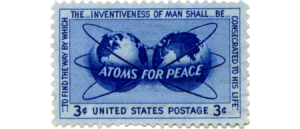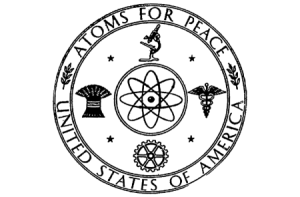The European countries addressed for decades the nuclear proliferation risks. Most of the commitments made by the involved states during
previous years have already been fulfilled. In particular, considerable progress was made in strengthening nuclear security, while recognising
that continuous efforts are still needed to achieve that goal.
In a combined effort to minimise nuclear proliferation risks, research reactors from all over the world have joined in a project aiming at
reducing the enrichment of their fuels. To support these international non-proliferation efforts, the European high-performance research
reactors have launched studies aiming at converting their fuels to a significantly lower level of enrichment, and if possible to Low Enriched
Uranium (LEU). These studies consist of a joint fuel development program with reactor-specific conversion efforts following the
application of that fuel.
The final goal of this project is to remove Highly Enriched Uranium (HEU) fuel from the civil nuclear fuel cycle as far as is reasonable.
This purpose is also set out in the 2014 Hague Nuclear Security Summit Communiqué.

 The HERACLES Consortium
The HERACLES Consortium



